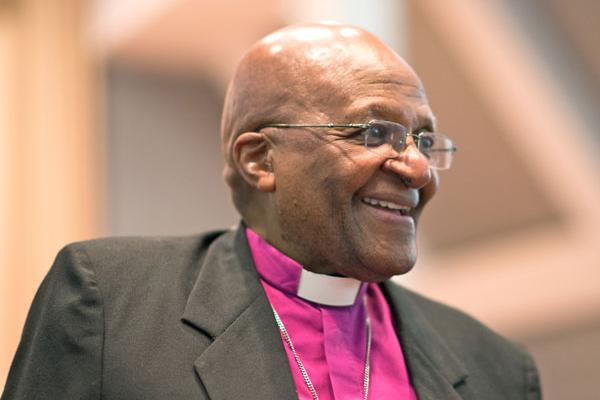Engaging in international travel to participate in political justice — especially anti-apartheid issues in the Mid East and Africa — is a bit like playing big league baseball. The “player” must submit to an excellent coach, pick a good team, learn the essential rules about foreswearing violence, not getting caught stealing by the opposition, and arrive home safely with limited physical or psychic injury.
One of the “hall of fame” coaches still is Archbishop Emeritus Desmond Tutu who wisely said, “if we had taken up arms when things appeared hopeless in our struggle against apartheid in South Africa we would all be dead and apartheid would still exist.”
The Archbishop was in town last week for a CBS webcast interview along with American Episcopal Presiding Bishop Katherine Jefferts Schori on the “Mission of the Church.” He reinforced that “mission is about receiving the love of God in Jesus and then going to the world to make love incarnate” rather than trying to resolve the world’s terrible conflicts with military interventions.
Read the Full Article

